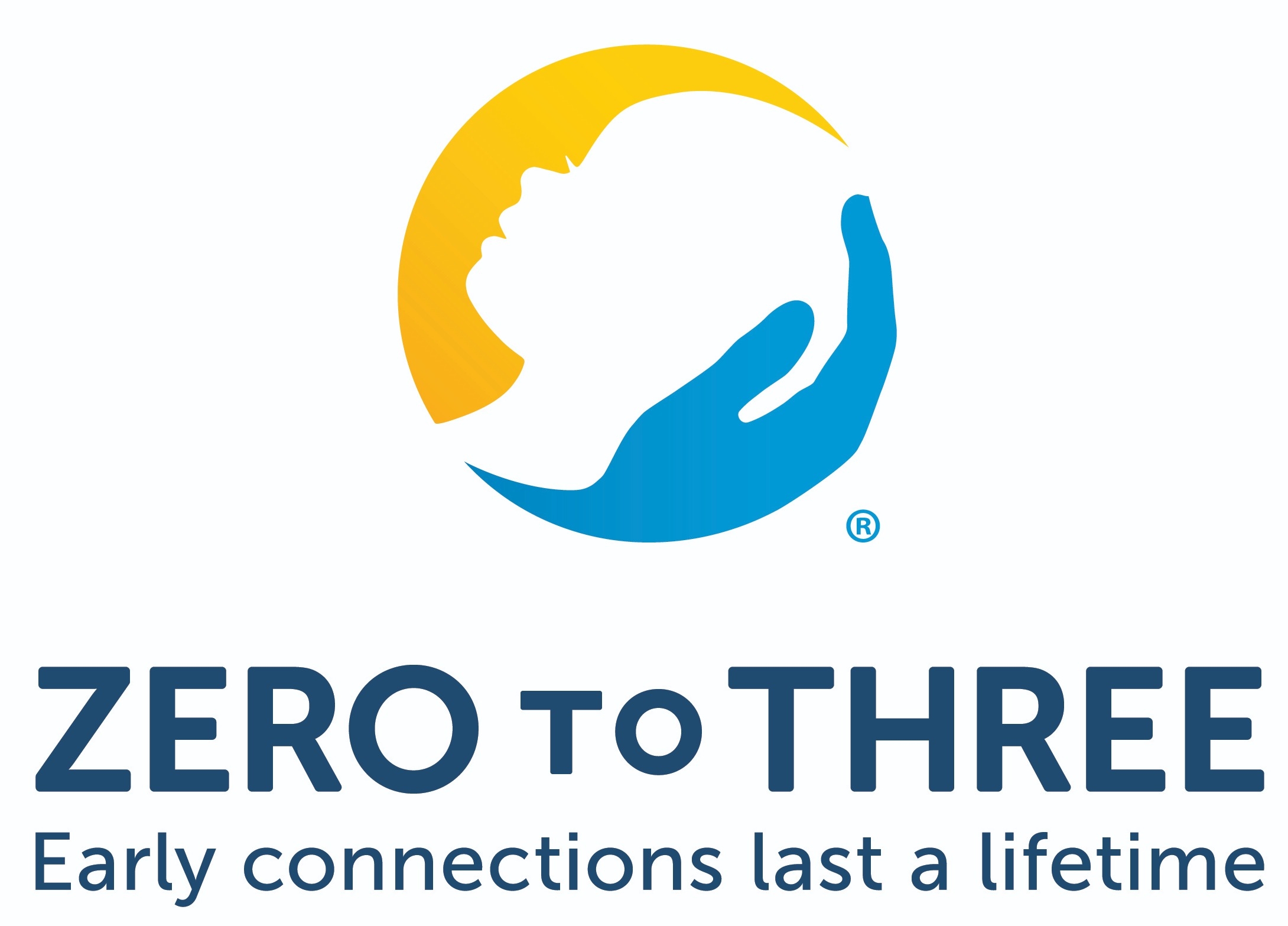Supporting Babies and Toddlers When They Return to Child Care
By Rebecca Parlakian, MA, ED.

Supporting Babies and Toddlers When They Return to Child Care
Prepare for a smooth transition as child care programs reopen
There’s so much for parents to think about as child care programs re-open—ranging from worries about their child’s health to welcome relief at this return to “normal” life. Babies and toddlers, though, have gotten used to spending their days with the people they love most. They may struggle with returning to child care settings—because it feels like a very big change to their daily routine. Parents may start to see new, and sometimes challenging, behaviors from their littles ones as a result.
Crying and Distress
Babies may not remember their child care setting or caregiver after being away for months. Returning to these settings may feel—to a baby—more like the first time. Adults can help when they:
Toddlers (two and up) are seeking independence in many ways—including saying “no” to adult rules. This is all very normal but when the rule is “wear a mask” or “play in your taped square,” toddlers may not have a choice. It’s normal and natural for them to protest these and other new COVID-related rules. Adults can help when they:
Some aggressive behavior is 100% normal for the toddler years. Toddlers say with their bodies what they can’t yet say with language. Returning to group care after months away is a deep dive back into the world of sharing, turn-taking, and living by someone else’s schedule. For some children, the stress is too much and they use aggressive behavior—hitting, biting, throwing, pushing, and more—to communicate their upset. Adults can help when they:
Click to call
Crying and Distress
Babies may not remember their child care setting or caregiver after being away for months. Returning to these settings may feel—to a baby—more like the first time. Adults can help when they:
- Share information about what soothes their baby. Early educators can meet your baby’s needs best when they understand what words and strategies you use for soothing. You can also ask about leaving a t-shirt or other clothing item with your scent on it for your baby.
- Respond to the baby’s cues in a timely way. Noticing—and responding—to a baby’s cues help them feel safe and secure. This is especially important in the child care setting, so babies feel confident that their needs will be met by their caregivers as they are by their parents.
Toddlers (two and up) are seeking independence in many ways—including saying “no” to adult rules. This is all very normal but when the rule is “wear a mask” or “play in your taped square,” toddlers may not have a choice. It’s normal and natural for them to protest these and other new COVID-related rules. Adults can help when they:
- Stay calm and kind, and help children communicate their feelings. Toddlers rely on their caregivers to help them regulate their emotions. Teach children the words for their feelings (“you’re feeling mad”) or by using a feelings chart. Offer children an acceptable way to communicate their feelings (“would you like to stamp your feet or play a mad song on the drum?”). Stay close and offer physical comfort (hugs, rocking, back-rub).
- Offer a choice. Choices provide a sense of control. When a child is beginning to tantrum, point out that they have “two great choices—you can help me get snack ready or you can look at your favorite book.” The same strategy can be used at child care.
Some aggressive behavior is 100% normal for the toddler years. Toddlers say with their bodies what they can’t yet say with language. Returning to group care after months away is a deep dive back into the world of sharing, turn-taking, and living by someone else’s schedule. For some children, the stress is too much and they use aggressive behavior—hitting, biting, throwing, pushing, and more—to communicate their upset. Adults can help when they:
- Set age-appropriate limits on behavior. A clear, consistent response to aggression (“Hitting is not okay. Hitting hurts.”) teaches children how their actions impact others. Focusing on the child who was hurt is important (to avoid reinforcing the behavior). Help the child who hit to re-enter the activity. Be sure to show children lots of positive attention when their behavior is appropriate.
- Try to understand the meaning behind the behavior. Consider what the toddler is trying to communicate through their behavior—they might be overwhelmed by too much sound and activity, or asking to join in the play, or lonely and missing Mom (or something else!). Think together with your child’s educator about what can be done in the setting to help them be more successful—like offering several trains to play with, instead of children sharing just one. (For more on understanding challenging behavior, check out this article.)
- If your child is having a really hard time, ask for help. If you are concerned about your child’s return to child care, consider talking with their health care provider or working with an infant mental health consultant to access needed support during this period.
Click to call

Sign up now to receive FREE text tips - Based on your child's EXACT AGE right now!